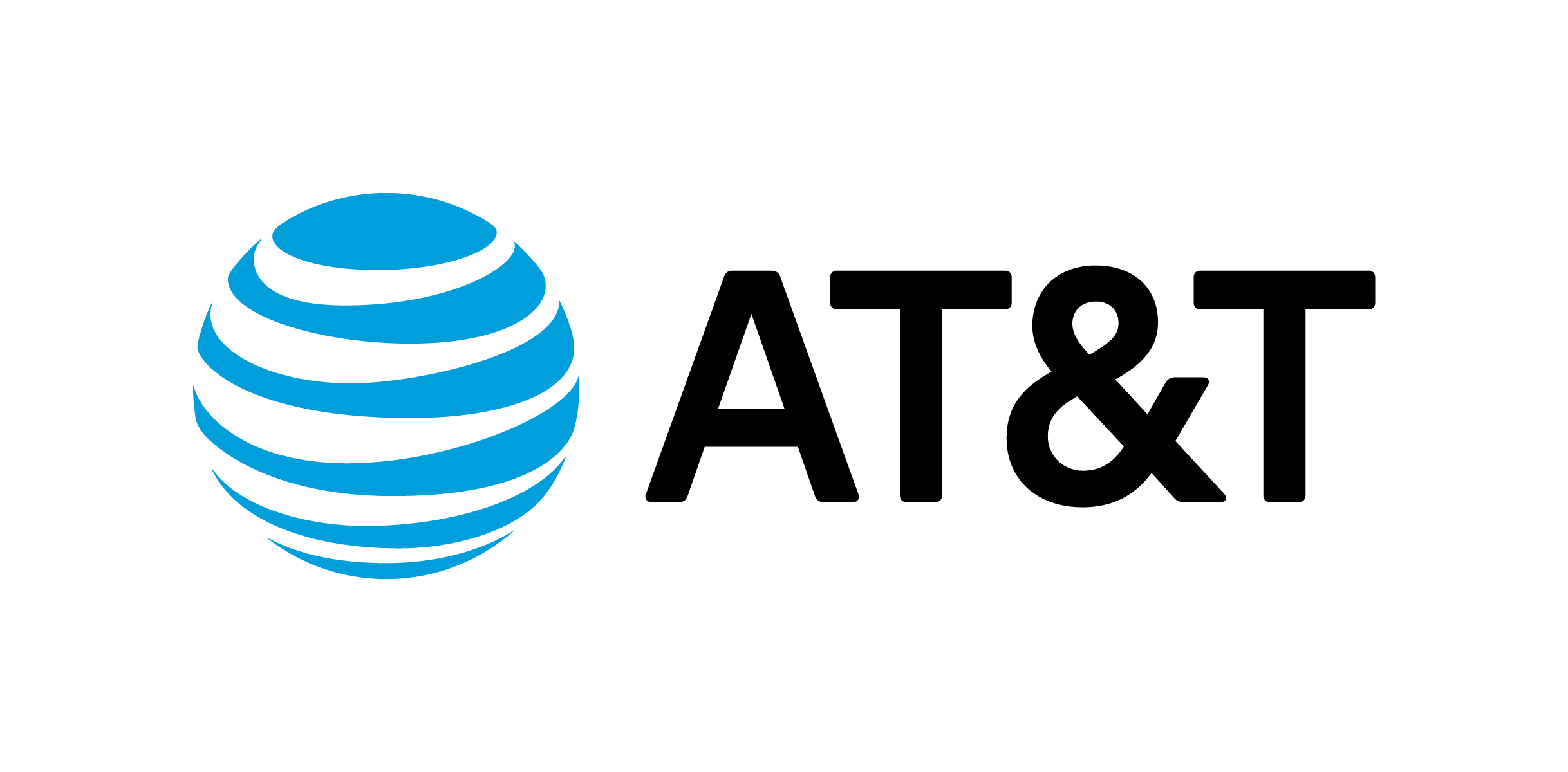Program
| December 2, Monday | |
|---|---|
| 12:00pm-12.45pm |
Registration & Lunch
|
| 12.45pm-1:15pm |
Introductions: Nick McKeown
|
| 1:15pm-2:00pm | Keynote: Frank Kelly (University of Cambridge) |
Abstract: Appropriate buffer sizes in a communication network depend intimately on the control algorithms and feedback mechanisms deployed across the network and its end-points. Nevertheless there are certain general principles that provide insight into what is, and what is not, possible. Buffers in a communication network serve at least two essential purposes. They are needed to cope with: the randomness inherent in the multiplexing of many flows; and the speed of light propagation delays that necessarily constrain source responses to congestion. The talk will begin with an analysis of how queueing delays scale under regimes of increasing speed, volume and multiplexing. It is not a surprise that under a variety of scaling regimes queueing delays become small in comparison with propagation delays. Congestion control algorithms cannot avoid propagation delays, and this limits their speed of response to feedback signals. Robust algorithms need to be stable for general topologies with multiple constrained resources, and ways of achieving this are now well understood. If feedback based on rate mismatch is available, then feedback based on queue size is not useful for stabilizing long-lived flows. Feedback based on queue size is however important for clearing transient overloads caused by, for example, incasts or failures. If feedback based on rate mismatch is available, then buffer sizes should primarily be determined by potential transient overloads. Bio: Frank Kelly is Professor of the Mathematics of Systems in the University of Cambridge. His main research interests are in random processes, networks and optimization. He is especially interested in applications to the design and control of networks and to the understanding of self-regulation in large-scale systems. He is a Fellow of the (UK) Royal Society and a Foreign Member of the (US) National Academy of Engineering. He was awarded the IEEE Alexander Graham Bell Medal for his work on mathematical foundations for a scientific understanding of fundamentally important network phenomena. |
|
| 2:00pm-3:00pm |
Session 1
Session Chair: Yashar Ganjali
|
| A Principled Look at the Utility of Feedback in Congestion Control | |
| Switches Know the Exact Amount of Congestion | |
| Buffer sizing with HPCC | |
| 3:00pm-3:30pm |
Break
|
| 3:30pm-4:15pm |
Interview Panel #1
|
| 4:15pm-5:15pm |
Session 2
Session Chair: Renata Teixeira
|
| Understanding switch buffer utilization in CLOS data center fabric | |
| Buffer sizing and Video QoE Measurements at Netflix | |
| Buffer Sizing Experiments at Facebook | |
| 5:15pm-6:00pm |
Interview Panel #2
|
| 6:00pm-8:00pm |
Reception
|
| December 3, Tuesday | |
| 8:30am |
Registration & Breakfast
|
| 9:00am-10:00am |
Session 3
Session Chair: Vishal Misra
|
| Measuring Burstiness in Data Center Applications | |
|
Buffer sizing problems in networks and asynchronous circuits: similarities and differences
|
|
| Who will Save the Internet from the Congestion Control Revolution? | |
| 10:00am-10:45am |
Interview Panel #3
|
| 10:45am-11:15am |
Break
|
| 11:15am-12:15pm |
Session 4
Session Chair: Christophe Diot
|
| Using Packet Trimming at Forwarding Nodes to Reduce Buffer Sizes | |
| On estimating the number of flows | |
| Queueing at the Telco Service Edge: Requirements, Challenges and Opportunities | |
| Measuring Queues in Campus Network via Link Tapping | |
| Buffering at the edge: measuring from home networks | |
| Buffer Sizing: a Position Paper | |
| 12:15pm-1:15pm |
Lunch
|
| 1:15pm-2:15pm |
Session 5
Session Chair: Hugh Holbrook
|
| Cocoa: Congestion Control Aware Queuing | |
| Impact of Buffer Size on a Congestion Control Algorithm Based on Model Predictive Control | |
| Backpressure Flow Control | |
| 2:15pm-2:45pm |
Break
|
| 2:45pm-3:45pm |
Session 6
Session Chair: Nick McKeown
|
| FAB: Toward Flow-aware Buffer Sharing on Programmable Switches | |
| P4-enabled Network-assisted Congestion Feedback: A Case for NACKs | |
| Fine-grained P4 Measurement Toolkit for Carrier Grade Networks | |
| 3:45pm-4:15pm | Closing Remarks |








